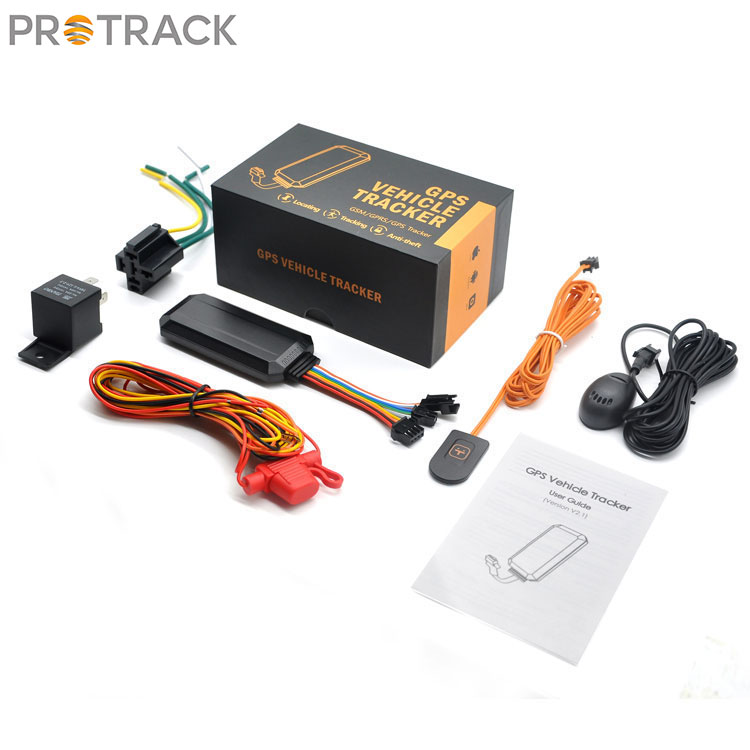Unleashing the Power of Customization: Reporting and Analytics in Real-time Tracking GPS Trackers
2024-05-13
In the realm of real-time tracking GPS technology, the ability to generate actionable insights through robust reporting and analytics is indispensable. Businesses, fleet managers, and individuals rely on these tools to make informed decisions, optimize operations, and enhance safety. But what level of customization is available in the reporting and analytics provided by real-time tracking GPS trackers? Let's explore.
Tailored Reporting Capabilities:
Real-time tracking GPS trackers offer a plethora of reporting options, allowing users to customize reports based on their unique requirements. Here's a glimpse into the key aspects of customization:
1. Data Parameters: Users can specify the data parameters to be included in the reports, such as location history, speed, distance traveled, idle time, and more. This granular control enables them to focus on the metrics that are most relevant to their objectives.
2. Time Intervals: The reporting frequency and time intervals can be tailored to suit the user's preferences. Whether they need real-time updates, hourly summaries, or daily reports, the system can accommodate varying reporting cadences.
3. Geographical Scope: Users can define the geographical scope of the reports by selecting specific regions, routes, or geo-fenced areas. This allows them to zoom in on particular locations or analyze movement patterns across different territories.
4. Alert Triggers: Reporting and analytics can be configured to trigger alerts based on predefined thresholds or events. For instance, users may receive notifications for excessive speeding, unauthorized stops, or deviations from planned routes.
Advanced Analytics Features:
Real-time tracking GPS trackers are equipped with advanced analytics capabilities that go beyond basic reporting. These features empower users to gain deeper insights and derive actionable intelligence from the collected data. Some noteworthy analytics functionalities include:
1. Predictive Analytics: By analyzing historical data and trends, the system can anticipate future behavior and outcomes. This predictive capability enables proactive decision-making and risk mitigation strategies.
2. Performance Benchmarking: Users can benchmark performance metrics against predefined targets or industry standards. This comparative analysis helps identify areas for improvement and optimize operational efficiency.
3. Driver Behavior Analysis: Real-time tracking GPS trackers can evaluate driver behavior metrics such as harsh braking, acceleration patterns, and adherence to speed limits. This insight enables fleet managers to promote safer driving habits and reduce the risk of accidents.
4. Route Optimization: Analyzing route data allows users to identify inefficiencies, congestion hotspots, and optimal routes. By optimizing routing strategies, businesses can minimize fuel consumption, reduce delivery times, and enhance customer satisfaction.
Seamless Integration and Accessibility:
The flexibility and customization options in reporting and analytics are complemented by seamless integration with other systems and platforms. Real-time tracking GPS trackers often offer APIs (Application Programming Interfaces) that facilitate integration with third-party software solutions, fleet management systems, or business intelligence tools. This interoperability enhances the accessibility and usability of the data, empowering users to leverage it across multiple channels and applications.
Conclusion:
In conclusion, real-time tracking GPS trackers offer a high degree of customization in reporting and analytics, enabling users to tailor insights to their specific needs and objectives. From defining data parameters and time intervals to leveraging advanced analytics features, these devices provide a comprehensive suite of tools for informed decision-making and performance optimization. By harnessing the power of customization, businesses, fleet managers, and individuals can unlock new levels of efficiency, safety, and productivity in their operations.



